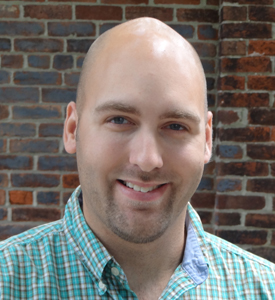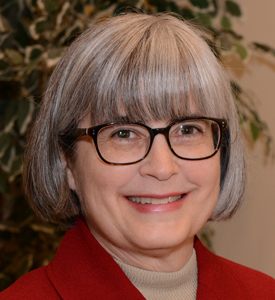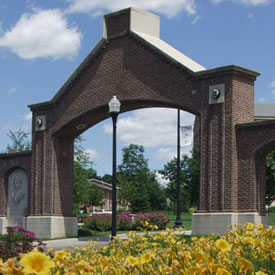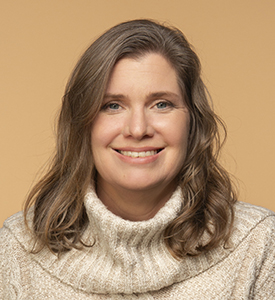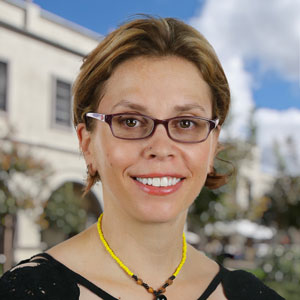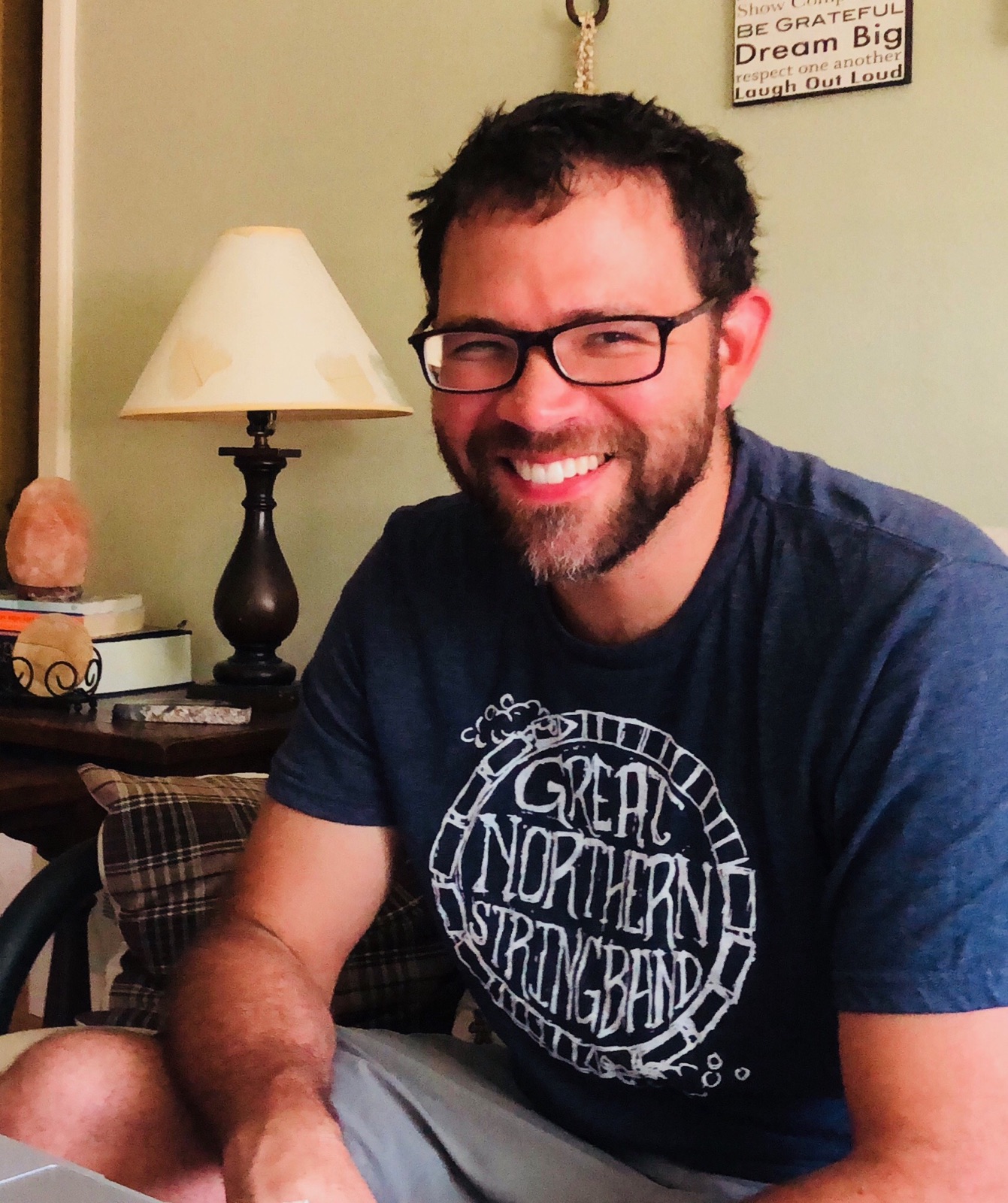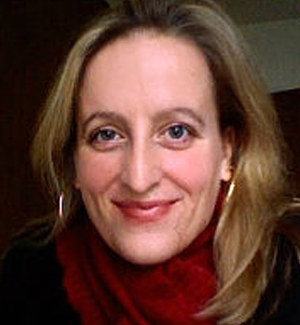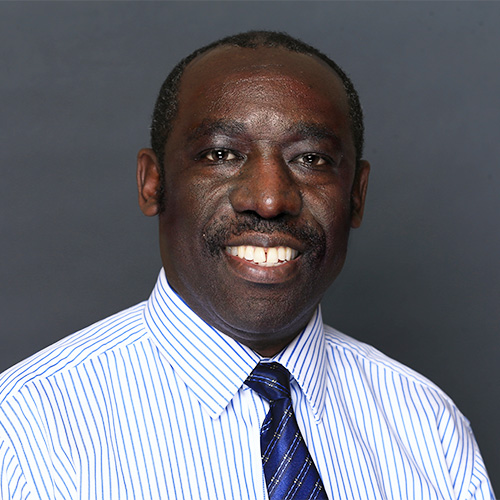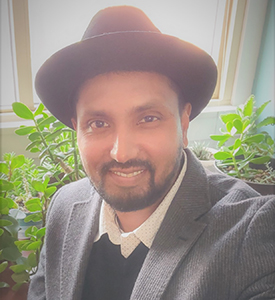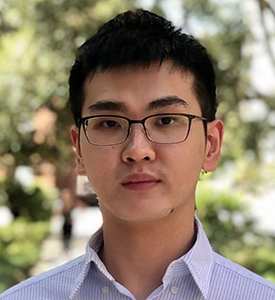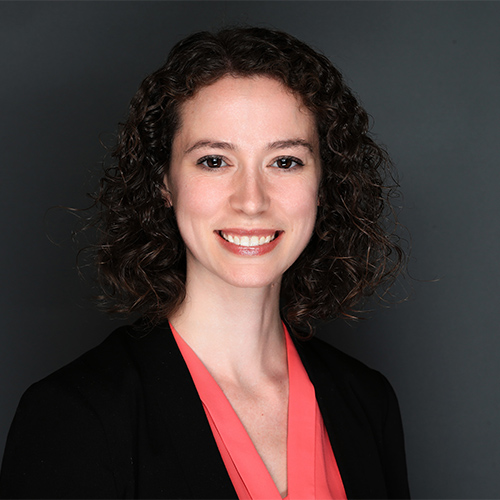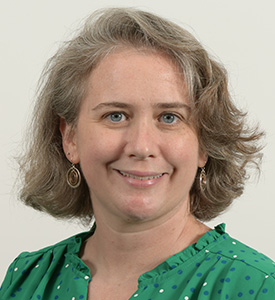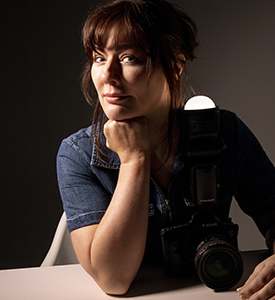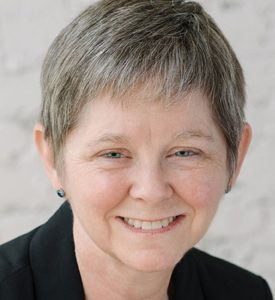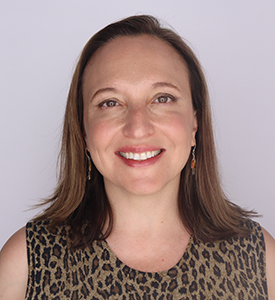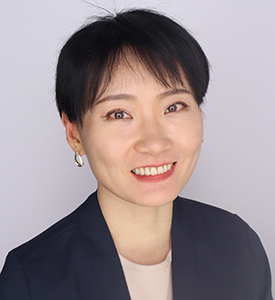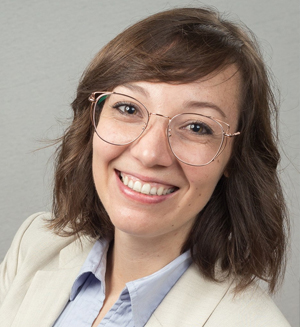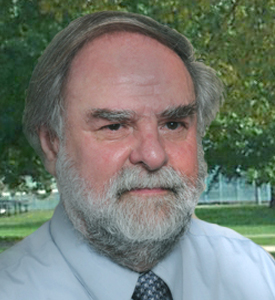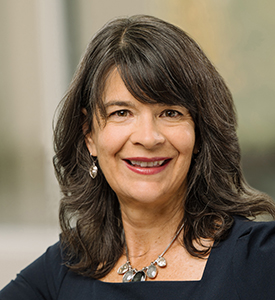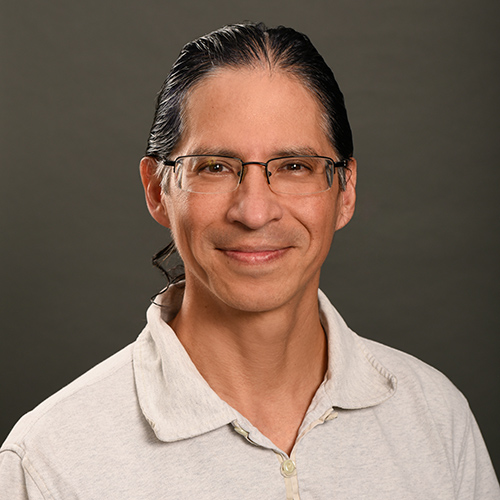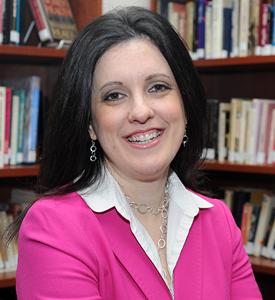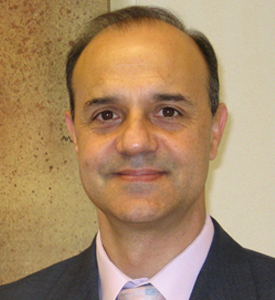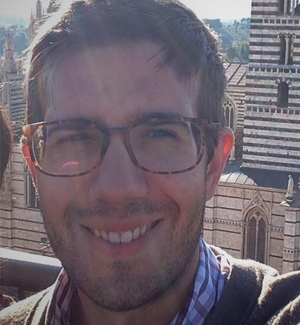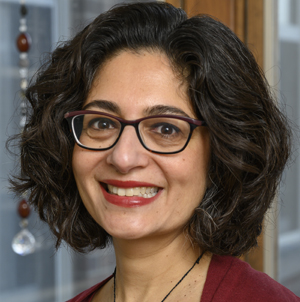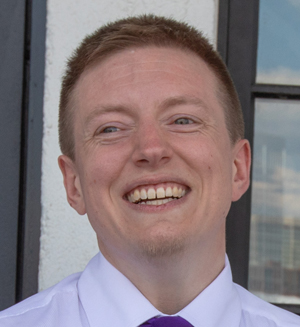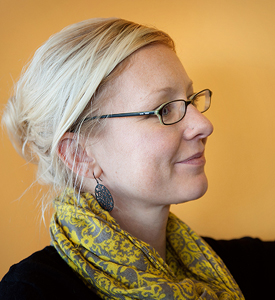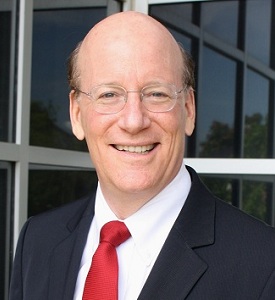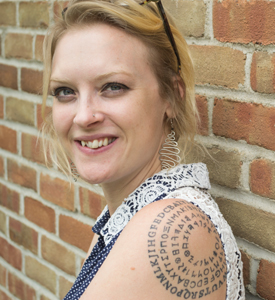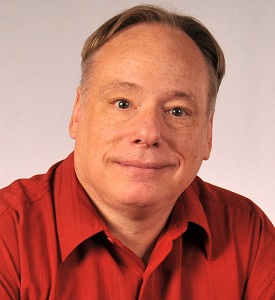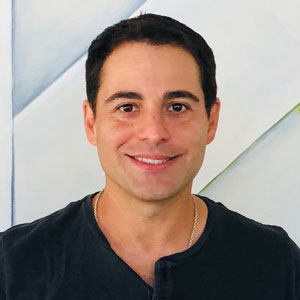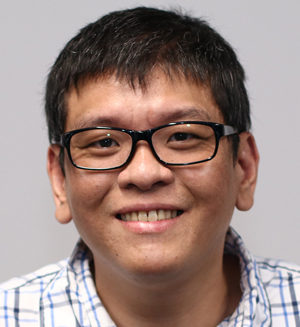Hanley Sustainability Institute
Sustainable Communities Scholars

Below you can find scholars whose work would help us ensure inclusive and equitable quality education and promote lifelong learning opportunities for all; achieve gender equality and empower all women and girls; make cities and human settlements inclusive, safe, resilient and sustainable; and promote peaceful and inclusive societies for sustainable development, provide access to justice for all and build effective, accountable and inclusive institutions at all levels:
Joshua is interested in sustainable communities, governance structures and public policies. His work explores sustainable urban neighborhoods, housing policies that include historic preservation, environmental attitudes among the public, regional government collaboration and speculation about a sustainable future for humans on earth and in outer space.
Janet is interested in exploring how cities, especially so-called Legacy Cities (like Dayton), can become sustainable (environmentally, but also socially, economically and politically). She also is concerned with that sustainability extending to all city residents, not just the young and the affluent.
Steve's primary research interest regarding sustainability is how we think of ourselves, at the individual and societal level, in the face of climate change. Since individuals are products of their cultures and cultures are products of the natural environment where they arise, responding to climate change requires a rethinking of who and what we are.
Jana's focus is primarily on food sustainability in relation to Christian practices such as fasting and abstaining from meat. She also researches other Christian ascetic practices that enable environmental sustainability.
Interests in sustainability are at the intersection of sustainable livelihoods and communities. In her community based work in Ghana and other African nations, she collaborates with local partners and community members to improve the lives of locals by capitalizing on the communities’ strengths, educating, empowering girls and women while also caring for the environment on earth and in the ocean.
Matthew’s sustainability interest centers on the praxis of social justice law and the solidarity economyy. As a practicing lawyer and educator, he focuses on how to create systemic change, specifically the role of attorneys in supporting community driven efforts to replace our capitalist economic model with one that centers people and the planet.
Coming from the interdisciplinary field of environmental humanities, Carola strongly believe that the pressing issues of climate change and the protection of our environment require a dialogue across the disciplines. She is particularly interested in exploring different ways in which the growing need for environmental awareness can be reflected in the global humanities curriculum.
Deogratias' interest that relates to sustainability is promoting sustainable transportation that includes walking, cycling, public transportation, car sharing, bike sharing and green vehicles.
Felix's interests are on the human dimensions of sustainability planning and action. He explores questions such as how do people make decisions around sustainability and how such information can be used in planning.
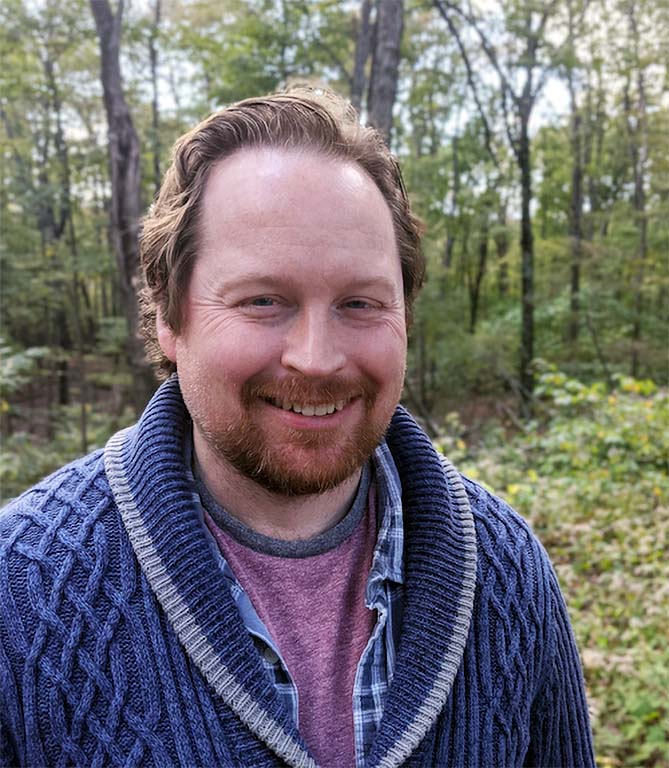
Matthew researches and develops computational methods for constructing and optimizing complex sustainable systems. He hopes to develop automated reasoning models that can contribute to participatory decision making and sustainable resource management.
Research interests include how (mis)information and the use of technology update different groups of people’s beliefs regarding sustainability, shaping their support of sustainability policies and participation in government sustainability programs.
Erin's Interests include analysis of complex systems for multiple sustainability metrics, optimization in the design of sustainable systems and sustainability education.
Jeanne's sustainability related work is primarily related to food justice. Specifically, she has been working with an interdisciplinary team to explore food insecurity on college campuses.
As a photographer, Glenna is interested in how art and visual culture inform our notions of landscape and identity and how these notions influence our active relationships to both the built and natural environment. As a socially-engaged artist, she is passionate about art used in the context of social change, with a specific focus on issues of food justice and immigration.
Kelly is a scholar of theological ethics whose work explores, among other things, truthful practices of gratitude, hope and joy in the midst of the climate catastrophe.
Masha has written on sustainability issues and is an activist in Oakwood to raise awareness about plastic waste. She collaborated with Dayton Regional Green to start the No Straw Initiative at local businesses and participated in the planning of BYO: Bring Your Own program to reduce plastic waste in the Miami Valley. She co-teaches ASI 320:Cities and Energy with Dr. Bednarek, where she focuses on the future of sustainable cities.
Benjamin has a sincere interest in environmentalism and sustainability issues broadly, but a particular interest in the ways in which people's sensory experiences influence their attitudes and behaviors regarding the environment and issues of sustainability. He's also interested in the application of virtual reality technology to the challenges of educating people about environmental issues and promoting sustainable behaviors.
Erin is interested in the application of social psychology to sustainability. In particular, how do our own self-views impact our views of sustainability-related issues and our own sustainability-related behaviors?
Li-Yin’s current research focuses on environmental nonprofit organizations’ influence in the policy making process and citizen engagement in environmental policy implementation. Her teaching interests are in advanced/introductory public administration theory, public policy, non-profit management, research methods and environmental governance and policy.
Joy's interests in sustainability stem from her research in social and cognitive psychology. Her research examines people's perceptions of uncertain threats (e.g. climate change) and people's intentions to engage in behaviors (e.g. sustainable behaviors) that minimize threat.
Sustainability concerns are woven throughout Geno's studio-based research practice, courses and labor within the University and wider community. His explorations in clay and functional ceramic production have intersected with craft theory, performance art, theater, geology, deep adaptation, ceramics, site specificity, land art, woodfiring, mining, ecoart, objects old and new, storytelling and spirituality.
Theo has been a long-time environmentalist and is enthusiastic about the Hanley Sustainability Institute. In his Sociology of Human Rights class, there is some emphasis on environmental rights, such as the conditions that create environmental migrants. One of the books has a series of short articles on environmental issues, including one on energy democracy with an emphasis on several elements of sustainability such as resisting the continued use of fossil fuels, ballot initiatives and more public investments in renewables.
Working at the intersection of religion, cultural studies and philosophical theory, Scott approaches the concept of sustainability with a focus on the existential weaving of humans, animals, plants and stones in their common materiality and shared environment(s). The fundamental question that orients my thinking is, "What do we seek to 'sustain' when we advocate for sustainability?"
Nancy is the Executive Director of the Fitz Center for Leadership in Community and a professor of Philosophy. Her interests in sustainability are at the intersection of health, marginality and resilient communities. She is especially concerned about the ways our lack of action on sustainability continues to unjustly impact marginalized communities and what actions (systems change, policy and practice) are needed to move toward sustainable and increasingly resilient communities.
Raul brings his expertise in mathematical systems theory, systems analysis and feedback control design to the analysis and simulation of social systems. He is particularly interested in teaching mathematical systems theory to a large audience in order to help students better understand the connections between this body of knowledge and a multiplicity of social issues and environmental phenomena with a focus on sustainable development. Raul believes the powerful engineering and scientific tools available to us should be broadly applied to try to better understand and solve social and environmental challenges via a methodical study of policy-making.
Michelle is interested in the implementation of environmental regulations, particularly at the sub-national governmental level. Her research explores the interactions between government regulators and members of the regulated community to pursue regulatory compliance and sustain compliance motivation.
Francisco developed the course Sustainability in Spanish to facilitate the development of students’ Spanish language and intercultural skills to engage Spanish-speaking communities actively and effectively on issues of sustainability in the U.S. and in the world. His interests include food justice and sustainable agro-food systems, particularly in indigenous, local and vulnerable communities, as well as the intersections of poetry and the environment.
Zachary investigates the ethics of interdisciplinary environmental research, proposing better practices of stakeholder engagement that ensure more just and democratic science, policy and management. His work focuses particularly on social-ecological systems and the values at stake in social scientific explanations of environmental change and resilience.
Shazia is interested in the ways in which stories can affect our relationships with and impacts on our environment. As a literary scholar, she applies ecofeminist theoretical frameworks to the narratives she studies in order to imagine a more environmentally just future.
Lis' interests in sustainability parallels his research as a biologist centering on intersections, whether those intersections are various populations and communities in an ecosystem or intersections of biology and other disciplines such as politics, social justice, art and geography. Besides research and teaching, He has been heavily involved in creating resilient and sustainable communities through both governmental and non-profit mechanisms. His husband is the communications assistant at the Ohio Environmental Council.
Emily's scholarly research explores the push and pull between the natural world and human behavior. The work she produces visualizes the reality of what has transpired and provides an invitation for introspection and imagination of what could be.
Richard is the Director of the Business Research Group at UD and an urban economist by training. His primary work is research and evaluation in the early childhood education working closely with Preschool Promise of Montgomery County and Learn to Earn Dayton. When he has taught Urban economics in the past, the literature on planetary limits, urban agriculture and transportation were central to the course.
Andrew is generally interested in sustainability issues, however his particular academic research areas have included international trade and the environment, litigating the climate emergency in international forums and the international legal ramifications of geoengineering.
Misty is interested in sustainability and its role in the graphic design discipline. She uses cartographic language and information design to engage and inform the public on ways one can insert themselves into the community, celebrate the rapport between people and place, promote local endeavors, reveal places in need of food access and other critical resources while educating the public in an effort to preserve information and promote equal economic opportunity.
Adam is a law professor and former legal services attorney with a long-standing interest in and commitment to public interest and international human rights law, both of which are inextricably connected to sustainability. He teaches courses in human rights, internet regulation and torts law (among others), all of which include modules addressing aspects of the 2030 Sustainable Development Agenda.
Blake was once an attorney in the Environment and Natural Resources Division in the U.S. Justice Department. He is interested in environmental law, oil and gas law (including hydraulic fracturing) and water law.
Matthew's empirical and applied sustainability work stems from a compelling interest in (re)engaging global citizenship education (from local to global) as a core engine/mechanism for reaching sustainable development (often but not solely through the UN SDG framework). I employ human-centered and organizational frameworks and methods in communally-engaged contexts in comparative and international higher education, immigrant education, formal and non-formal education and development spaces.
Primary research focuses on using GIS (Geographic Information Systems) and related software (such as Google Earth Engine, Python and R) as a tool to study issues related to physical geography, flood, hydrology, human-environmental interaction and environmental justice. Also involved in different projects on a variety of sustainability related issues and community engagement.

